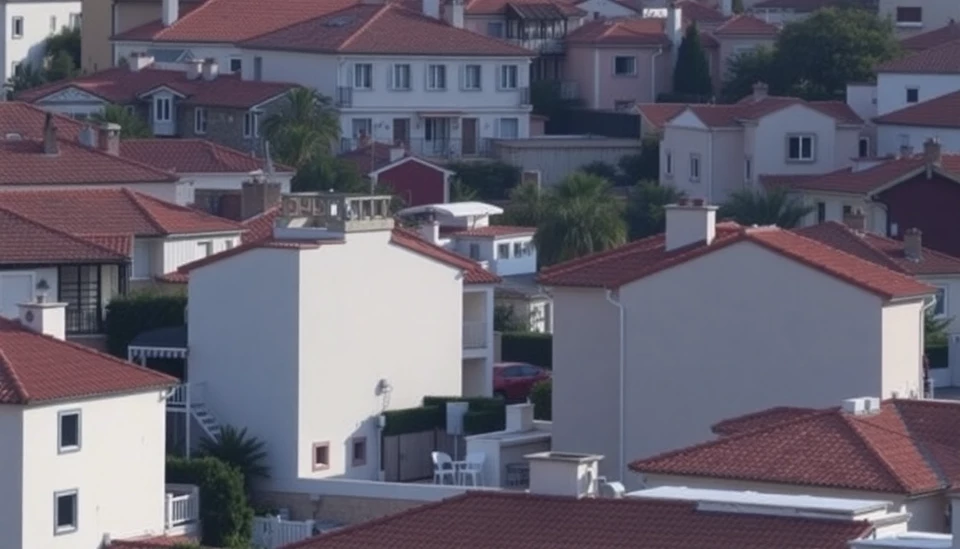
In a bold move aimed at addressing the growing housing crisis within Spain, Prime Minister Pedro Sánchez has unveiled plans to prohibit non-European Union citizens from buying properties in the country. This proposed legislation comes amid rising concerns about the skyrocketing real estate prices and their impact on local residents, particularly in popular urban areas.
The Spanish government’s initiative has been motivated by the need to ensure housing accessibility for its citizens. In recent years, regions such as Madrid and Barcelona have experienced a notable influx of foreign buyers, driving prices beyond the reach of many locals. The Prime Minister articulated that this trend not only threatens the affordability of housing but also poses risks to the fabric of local communities, which could face dislocation and social fragmentation.
Recent reports indicate that property prices in Spain have surged dramatically, with some areas witnessing price hikes of over 20% in the last year alone. The government blames a significant portion of this increase on foreign investments, leading to a scenario where locals struggle to secure reasonably priced housing. The proposed ban is seen as a measure to protect the livelihoods of Spanish citizens and to stabilize the housing market.
In addition to the proposed ban, the Sánchez administration is also considering other housing reforms intended to curb speculation and promote equitable access to housing. These measures may include limiting the number of properties that investors can purchase and increasing taxes on foreign property ownership. Analysts suggest that if implemented, these reforms could greatly alter the real estate landscape in Spain and potentially discourage foreign investments.
However, the reaction to these proposals has been mixed. Critics argue that such restrictions could alienate international investors and negatively impact the Spanish economy. The real estate sector has sometimes depended on the influx of foreign capital, which has stimulated development in various urban areas. There are concerns that a complete ban could deter investors, potentially leading to a downturn in the housing market.
Supporters of the ban, on the other hand, maintain that safeguarding local housing from foreign speculation is a necessary step in prioritizing the needs of Spanish citizens. They argue that allowing non-EU citizens to purchase homes exacerbates inequalities in housing availability and affordability. Figures from housing rights organizations show an increasing number of families being pushed out of their neighborhoods due to rising rent and home prices driven by non-resident demand.
As the government seeks to navigate these complexities, it faces the challenge of balancing economic interests with the needs of its citizens. Implementing policies that prioritize affordable housing while still welcoming investment will be a critical task for the Sánchez administration moving forward.
The proposed ban has sparked a conversation about the future direction of housing policy in Spain and how it aligns with broader issues of social equity and economic growth. The outcome of this initiative will be closely monitored, as it could set a precedent for other countries facing similar challenges in their real estate markets.
#SpainHousingCrisis #PedroSanchez #RealEstatePolicies #HousingAffordability #NonEUCitizens #HousingReform #InvestmentRegulations #SocialEquity
Author: Laura Mitchell




